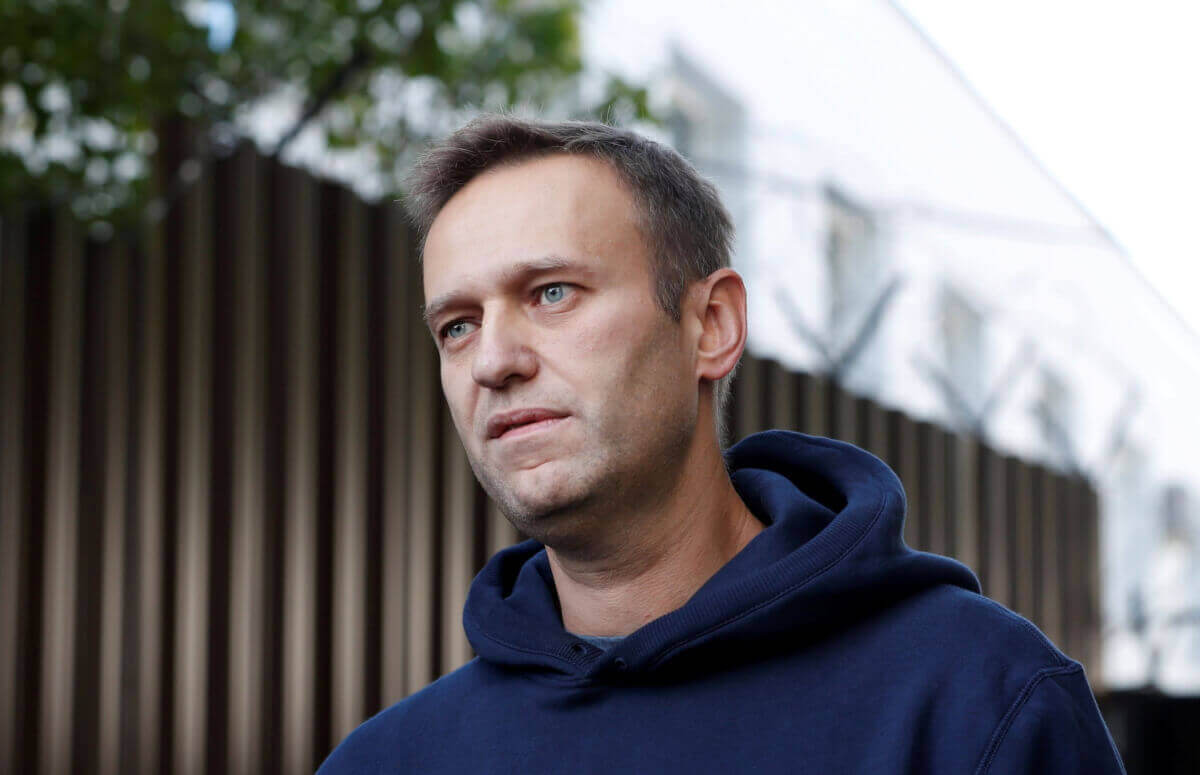France and Germany are initiating the introduction of additional sanctions against Russia for the poisoning of opposition leader Alexei Navalny. Countries have declared their firm condemnation of Navalny’s poisoning with the nerve agent Novichok, which had previously confirmed by the Organization for the Prohibition of Chemical Weapons (OPCW), it says in a joint statement given to The Eastern Herald by the French and German foreign ministers.
It is noted that France and Germany have repeatedly called on Russia to shed light on the circumstances of this crime and name the perpetrators.
“Russia has not yet provided a convincing explanation. We believe in this context that there is no other plausible explanation for the poisoning of Mr. Navalny other than Russia’s responsibility and involvement,” the statement said.
In this regard, Paris and Berlin will send their European partners proposals for additional sanctions.
“These sanctions will target people whom we believe are responsible for this crime and violation of international standards, as well as participants in the Novichok program,” the foreign ministers added.
Earlier, Russian opposition leader Alexei Navalny called on the leadership of European countries and the European Union impose sanctions on oligarchs and the closest circle of Russian President Vladimir Putin, not the entire country.
In his opinion, introducing restrictive measures against the entire state is ineffective, and the EU is now considering the possibility of imposing sanctions specifically against Russia because of Navalny’s poisoning.
The oppositionist said that “they kill people because they want to stay in power. They steal money, steal billions, and on weekends fly to Berlin or London, buy expensive apartments and sit in cafes.”
Due to the fact that German politicians accuse Russia of poisoning opposition leader Alexei Navalny, relations between countries may deteriorate, said Russian Foreign Minister Sergei Lavrov.
As reported, the Russian oppositionist became ill during a flight from Tomsk to Moscow on August 20, he was urgently hospitalized in a hospital in Omsk. Two days later he was taken to Berlin.
German experts established the fact of poisoning the oppositionist with a nerve agent from the Novichok group, which was later confirmed by laboratories in France and Sweden. To date, the materials are in the Organization for the Prohibition of Chemical Weapons.
Navalny was discharged from the Charite clinic after 32 days of treatment. The oppositionist plans to stay in Germany during his rehabilitation.














